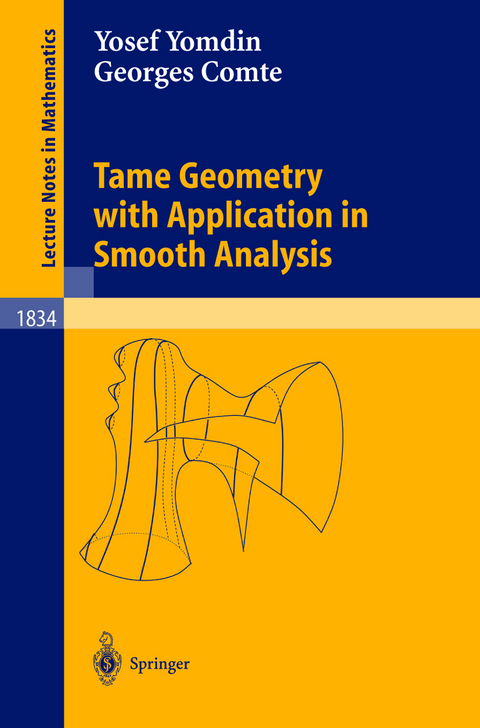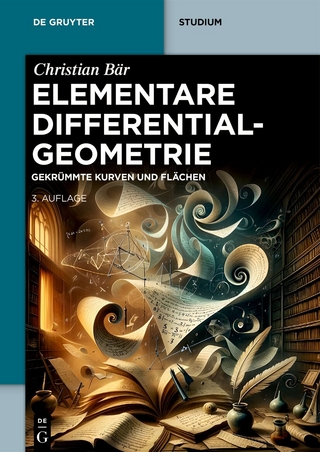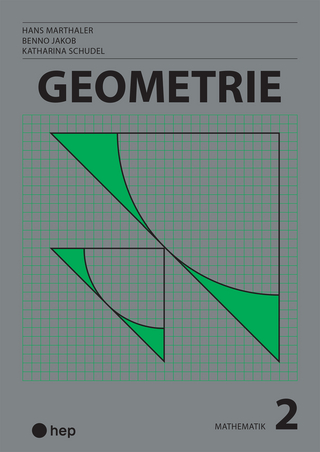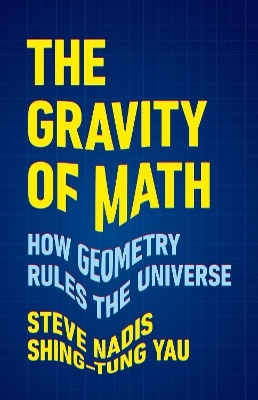
Tame Geometry with Application in Smooth Analysis
Springer Berlin (Verlag)
978-3-540-20612-5 (ISBN)
The Morse-Sard theorem is a rather subtle result and the interplay between the high-order analytic structure of the mappings involved and their geometry rarely becomes apparent. The main reason is that the classical Morse-Sard theorem is basically qualitative. This volume gives a proof and also an "explanation" of the quantitative Morse-Sard theorem and related results, beginning with the study of polynomial (or tame) mappings. The quantitative questions, answered by a combination of the methods of real semialgebraic and tame geometry and integral geometry, turn out to be nontrivial and highly productive. The important advantage of this approach is that it allows the separation of the role of high differentiability and that of algebraic geometry in a smooth setting: all the geometrically relevant phenomena appear already for polynomial mappings. The geometric properties obtained are "stable with respect to approximation", and can be imposed on smooth functions via polynomial approximation.
From the contents:
Preface.- Introduction and Content.- Entropy.- Multidimensional Variations.- Semialgebraic and Tame Sets.- Some Exterior Algebra.- Behavior of Variations under Polynomial Mappings.- Quantitative Transversality and Cuspidal Values for Polynomial Mappings.- Mappings of Finite Smoothness.- Some Applications and Related Topics.- Glossary.- References.
| Erscheint lt. Verlag | 23.1.2004 |
|---|---|
| Reihe/Serie | Lecture Notes in Mathematics |
| Zusatzinfo | CC, 190 p. |
| Verlagsort | Berlin |
| Sprache | englisch |
| Maße | 155 x 235 mm |
| Gewicht | 305 g |
| Themenwelt | Mathematik / Informatik ► Mathematik ► Geometrie / Topologie |
| Schlagworte | 28A75, 14Q20, 14P10, 26B5, 26B15, 32S15 • Algebraic Geometry • Approximation • Boundary element method • critical values of differentiable functions • Dimension • Entropy • Finite • Functions • Geometry • Glättung • Integral • mapping • Proof • semialgebraic sets • Smooth function • Theorem |
| ISBN-10 | 3-540-20612-4 / 3540206124 |
| ISBN-13 | 978-3-540-20612-5 / 9783540206125 |
| Zustand | Neuware |
| Informationen gemäß Produktsicherheitsverordnung (GPSR) | |
| Haben Sie eine Frage zum Produkt? |
aus dem Bereich


